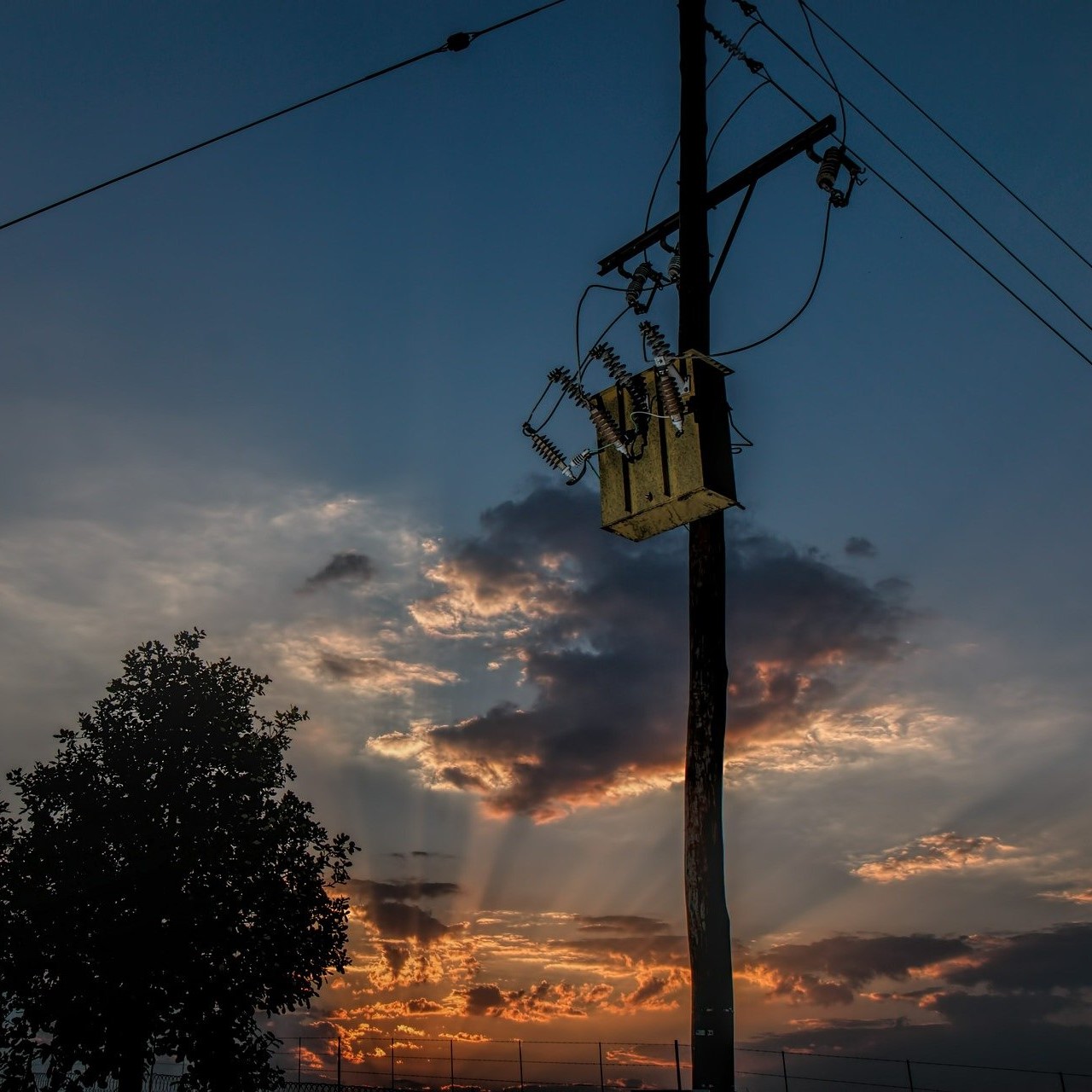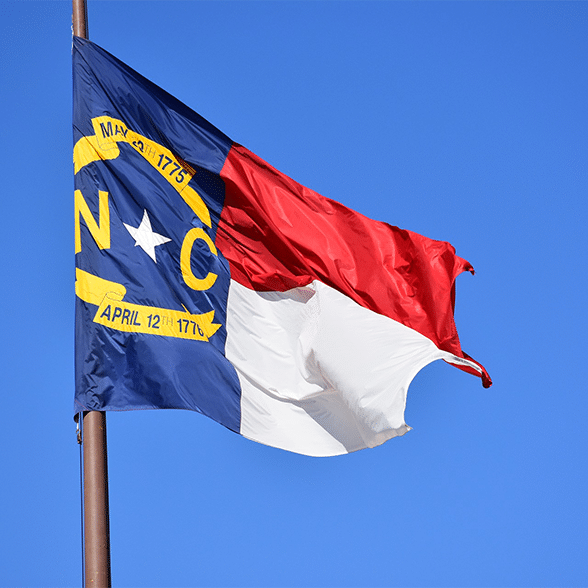Charter is urging the FCC to act on pole attachment recommendations made by NCTA—The Internet & Television Association earlier this year. Several pole owners have imposed unreasonable requirements on Charter as it plans to deploy broadband to unserved rural areas, the company told FCC officials in a meeting via videoconference on November 19.
Charter noted that it has won Rural Digital Opportunity Fund (RDOF) bids in some of the areas where the pole attachment disputes have arisen. If the disputes are not resolved, Charter said its ability to meet RDOF build-out deadlines will be threatened.
Charter was one of the largest winning bidders in the auction and was tentatively awarded $1.22 billion to bring broadband to unserved areas of multiple states.
Charter Pole Attachment Dispute
In a letter summarizing the November 19 meeting, Charter referenced pole attachment disputes in Kentucky, Hawaii, California, and South Carolina but mentioned only one pole owner by name. Charter cited Warren Rural Electric Cooperative Corporation, a local power company in Kentucky, as an example of a pole owner that was being uncooperative.
“Charter and its predecessors operated for decades under an agreement with WRECC for pole attachment requests that did not limit the number of attachments WRECC would process each month, and despite Charter having a current, operating pole attachment agreement, WRECC insists that Charter sign a new pole agreement before it will process any applications. The new agreement also would unreasonably and arbitrarily limit the number of pole attachment applications it would process, which would prevent Charter from meeting its RDOF timelines. Unless action is taken to protect consumers in rural Kentucky, at the permit processing rate currently proposed by WRECC, it would take 14 years to complete the permitting process for attachments to poles to reach these locations – about seven times longer than planned and double the maximum allowed to deploy these federal taxpayer dollars under RDOF. That means a child in kindergarten now will have graduated from high school before the permitting phase is complete.”
Charter said it was sensitive to the possibility that WRECC might be “overwhelmed” by Charter’s pole attachment requests. Accordingly, Charter said it recently retained multiple “established and well-respected firms” to perform engineering work at WRECC’s direction and at Charter’s expense but that WRECC has not yet accepted this offer of assistance.
In its letter to the FCC, Charter expressed concern that some pole owners, including WRECC, have competitive incentives to delay its broadband deployments because they are affiliated with broadband providers.
A WRECC spokesperson provided the following statement in response to an inquiry from Telecompetitor about the Charter filing:
“Warren RECC is supportive of Charter’s efforts to finally expand broadband to our members. We do not have a current pole attachment agreement with Charter. Charter refuses to sign Warren RECC’s standard agreement, so we are working to execute one that still protects the safety and reliability of the electric system. We are puzzled by these latest claims as Warren RECC has agreed to allow a faster pace as long as Charter meets its obligations. We are disappointed to see that once again Charter has chosen to rely on inaccuracies. We sincerely hope that we can come to an agreement soon, but we will not put the safety and reliability of our members’ electric system in jeopardy.”
NCTA Pole Attachment Recommendation
In the NCTA pole attachment filing on which Charter wants the FCC to act, the association asked the commission for a declaratory ruling stating that entities attaching to a pole should be presumed to be responsible only for the un-depreciated cost of the old pole. NCTA also asked the FCC to use its accelerated docket process to address pole access disputes in unserved areas.
“The commission should emphasize that disagreements about pole access that inhibit deployment in unserved areas are a priority and therefore should be placed on the accelerated docket, with expedited procedural timelines and effective remedies, wherever possible,” NCTA argued.



